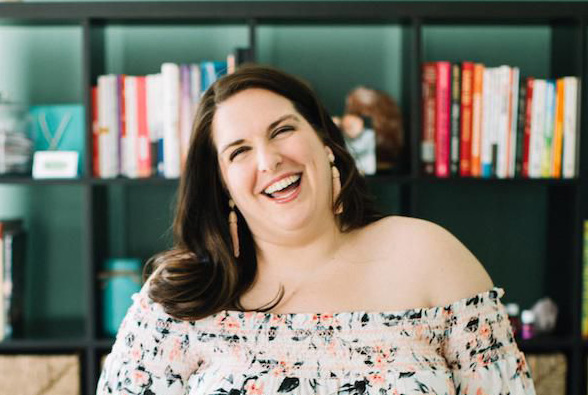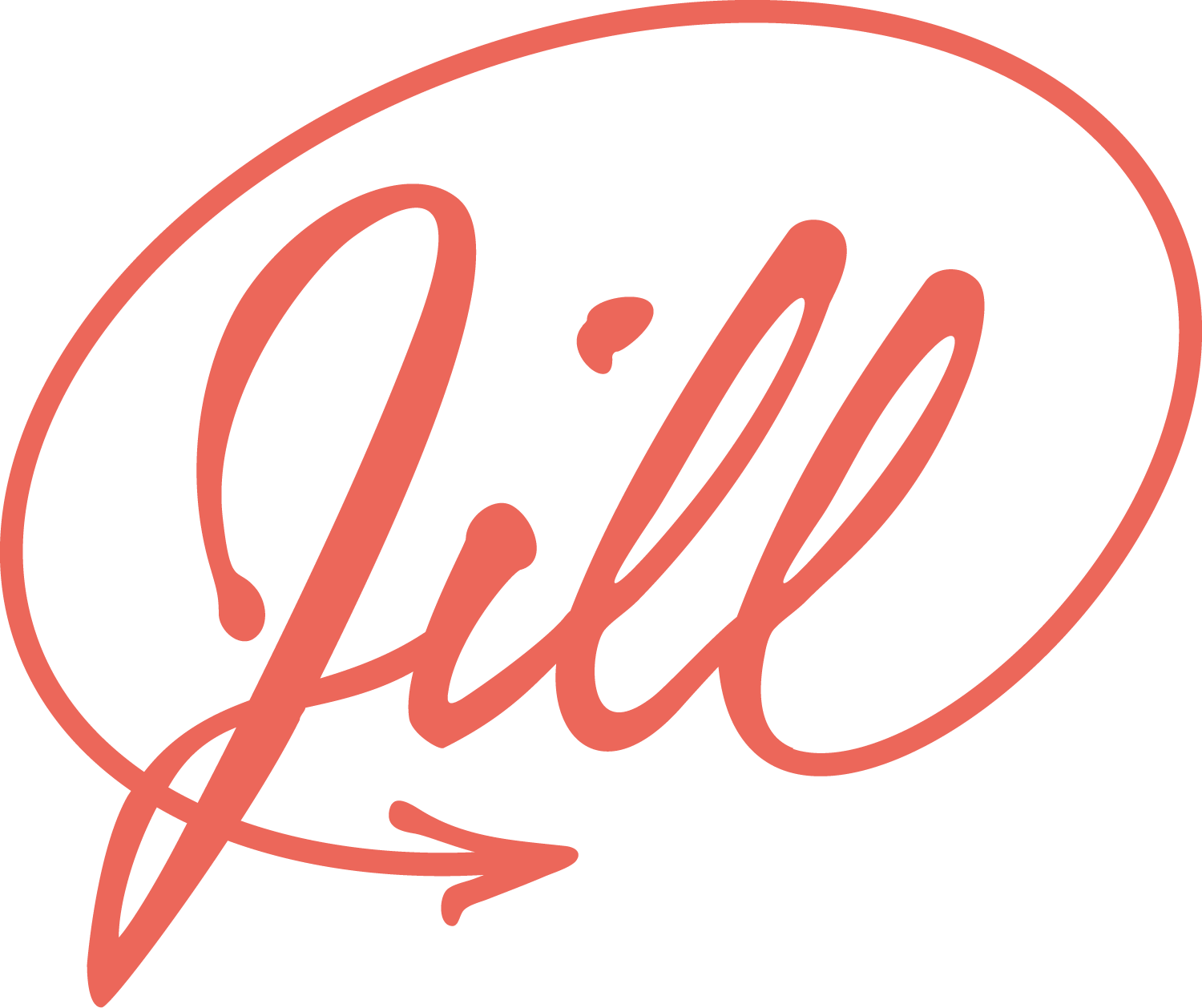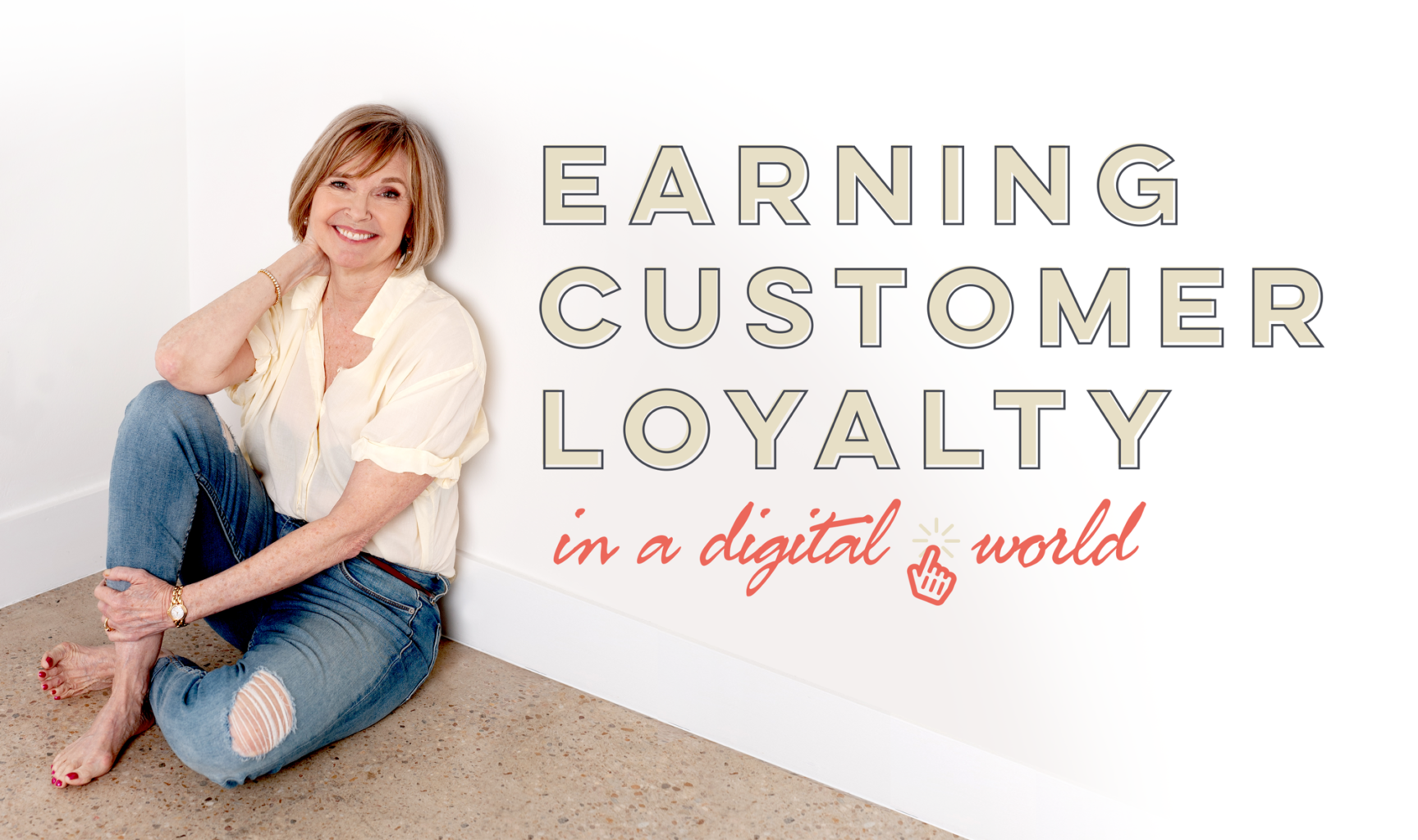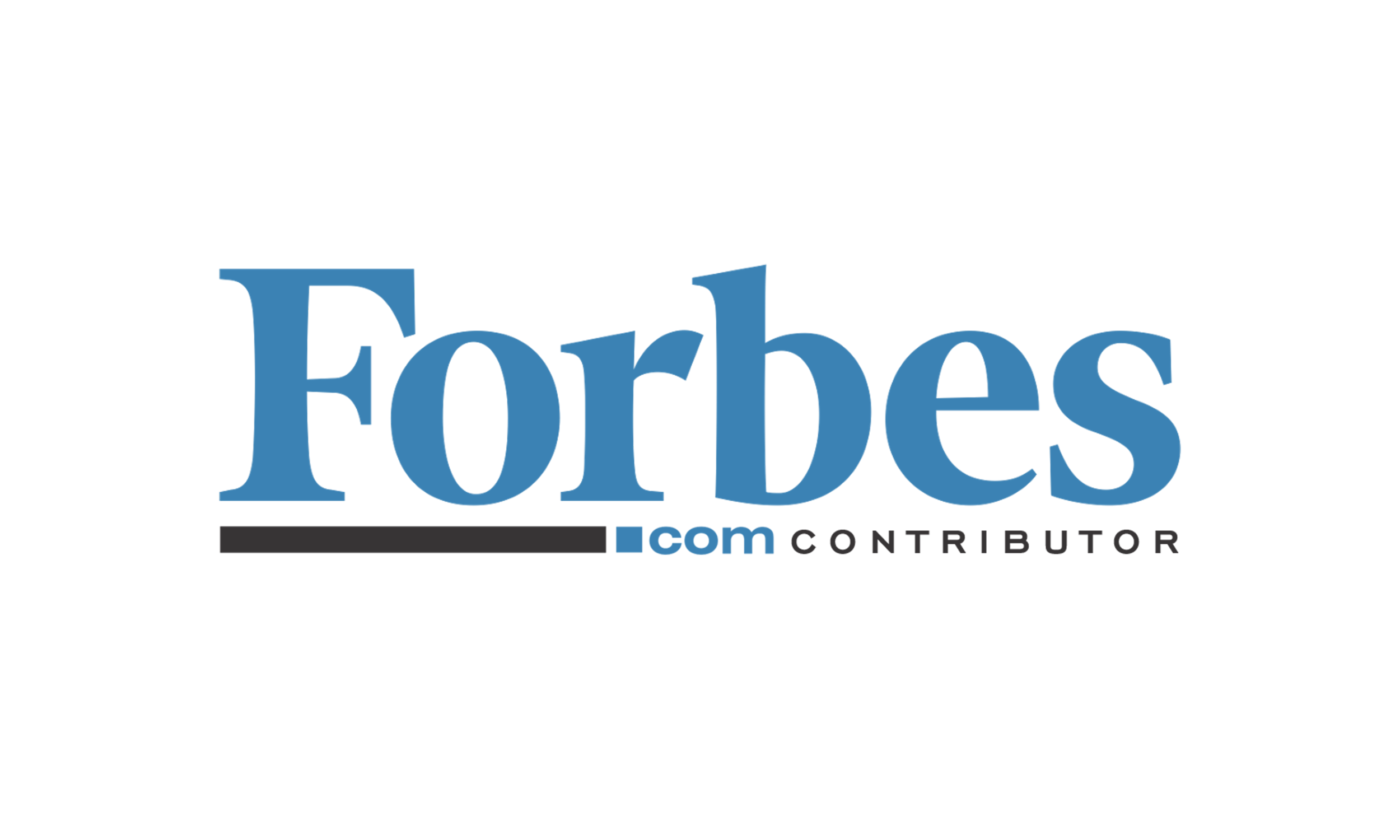
Overcoming Obstacles
Cassandra Shuck is an Entrepreneurial Guide, host of the podcast Stacked Against, creator of ‘The Business Chakra Method’ and a PTSD-survivor. She knows a thing or two about resilience and success.
From an abusive childhood at the hands of her drug dealing parents, she rose above all obstacles in life to build several multi-million dollar businesses. In her coaching business, Shuck uses her understanding of trauma to help hundreds of female entrepreneurs around the globe unlock the unseen pressures holding them back. She is also the author of the soon to be published book, The Love You Wish You Had.
I had the opportunity to interview Cassandra recently. Here are some of the highlights of that interview:
Jill Griffin: So I know you’ve shared that trauma was evident in your childhood and you realized the effect it made on your personal life and your business life. You left home at 16, is that correct?
Cassandra Shuck: That is correct. I was a C student, dropped out of high school and left home at 16. I had a lot going on in the home to focus on versus traditional academics. I realized shortly after leaving that academics are a very important aspect of life. A few months later, I took my SAT test, got close to a perfect score, and was accepted to six colleges – all before I was 17 years old.
Griffin: Can you describe a little bit about your childhood?
Shuck: Turbulent is the word I use quite often. I never knew what was going to happen day-to-day. There was a lot of fear, craziness and chaos. This environment taught me the key skill I use in my business today – how to observe my surroundings. I would check the tequila bottle before I went to school and when I got home, I would do the same to see how much tequila was missing. That data told me if we were going to sit down for dinner or if plates were going to get thrown.
Griffin: Let’s talk about your practice as an ‘Entrepreneurial Guide’ and how you are connected to the spiritual world.
Shuck: I often get asked this! I chose to use the term ‘Entrepreneurial Guide’ versus business coach because I combine intuitive work and mindset with business coaching, which we’ll get into more.
However, I started out more in the traditional marketing sense. I have a women-centric marketing agency, which is still open and available. I employ just over 40 women. It’s been my business for over 10 years now but as I was growing it, I realized I was offering both business strategy and coaching.
I started growing that side of my business as well, but something wasn’t feeling aligned. I was doing what everyone else was doing – giving my clients the perfect email template, social media post, or sales script. But deeper underlying issues for my clients, as to why their businesses weren’t growing in the direction they had hoped, always came to the surface.
From this, I started interweaving a more holistic approach, combining work with intuition, spirituality, and having my clients strengthen their connection to both self and a higher power. That higher power can be God, Buddha, Allah, whomever.
Griffin: Explain your “Business Chakra Method”
Shuck: Of course. It’s a method based on the chakra system, which is thousands of years old. Alongside my client, we go into theta, which is the meditative state where a client can connect with their subconscious and inquire about limiting beliefs, fears, or doubts.
For instance, I’ve worked with clients and they claim, “I can’t ask for this amount of money” and we’ll connect in and discover that it might be their heart chakra, where they’re actually chasing something they shouldn’t. Or it might be a power issue with them not wanting to receive the visibility they know that they would receive.
Griffin: Tell me a story about someone that made an incredible leap when going through the “Business Chakra Method”
Shuck: I have a client who has been with me for about three months. She is an amazing photographer – one of the best I’ve ever worked with. She is a one-woman show – manages everything from start to finish, offers up an amazing deliverable and has hundreds of very happy clients.
She initially came to me because she wanted to make more money. Upon reviewing her business, I noticed that she was undercharging for her services. I started off with doing the typical business coach things but this was a deeper issue.
Through our session together, we realized there was a generational fear – if her business became successful, it was going to be taken away. We worked through that from an identity perspective, but also from a power perspective.
To actually say, “I am a photographer,” was really hard for her. She would identify as a mom, stay-at-home wife… but not as a photographer. By working on the internal power struggle she faced, we fixed the money issue she faced and was able to charge 350% more per photo shoot. It was important that she understood what was standing in her way and why she was doing the work.
Griffin: Even before COVID, you have always been virtual. What made you know that you should be virtual?
Shuck: It ties back to my childhood and what I knew I wanted for my life. I need that openness. I’ve always had bigger plans and projections for my company, which can be limited when you aren’t completely virtual. This work can be done from anywhere – so why limit yourself to a 25-mile radius?
Griffin: After everything that has been going on, employees will be coming back with some kind of fear and/or trauma. How can we help them through it?
Shuck: Because of this scenario with COVID, I’ve developed a term called “Business PTSD.” It’s tying back to the collective fear of this happening again. What happens if my business isn’t successful? What happens if I can’t make the pivot? It manifests in the body with all of the traditional PTSD symptoms – be it self-destructiveness, perfectionism in the fight for control again, etc.
The biggest symptom of “Business PTSD” is a loss of interest in their business or loss of faith in their work. This is caused by fear taking over. Can we do the work we were doing previously in this new environment? Will I even get the same results? Will I feel the same fulfillment?
I’ve noticed particularly with the women that I work with, there’s this era of perfectionism and this white knuckle grip—this idea that they need to know all the answers before they can even launch. So that’s really what I’m seeing as well, which again, is a major form of a business-killer and a PTSD symptom.
Griffin: How do you get your clients out of this “Business PTSD”?
Shuck: I work to find the root cause and dissect it into sub-causes. For me, my childhood trauma is my root cause. One of my sub-causes is perfectionism, while another is abandonment, while another was not saying what I wanted. Once we identify what is holding them back, we can work on dealing with it.
Griffin: How do you think you became so wise on these issues?
Shuck: It is all based on my personal experience, my own healing journey, and my own business journey. When I was about 19 years old, I found myself to be more spiritual than religious. I wasn’t comfortable with the word ‘God’. I wasn’t comfortable in a traditional church setting. I was mentored by a yoga teacher and a shaman for years, even though I originally resisted the idea.
My shaman taught me about a deeper connection to our soul’s purpose. She helped me look back at my story and connect the dots in a way that I never had. She taught me that the work I’m doing now is because of what I had overcome. That was something my cognitive brain understood, but my subconscious did not.
This is where I got my deeper connection to spirituality, and healed from a good deal of my own trauma.



